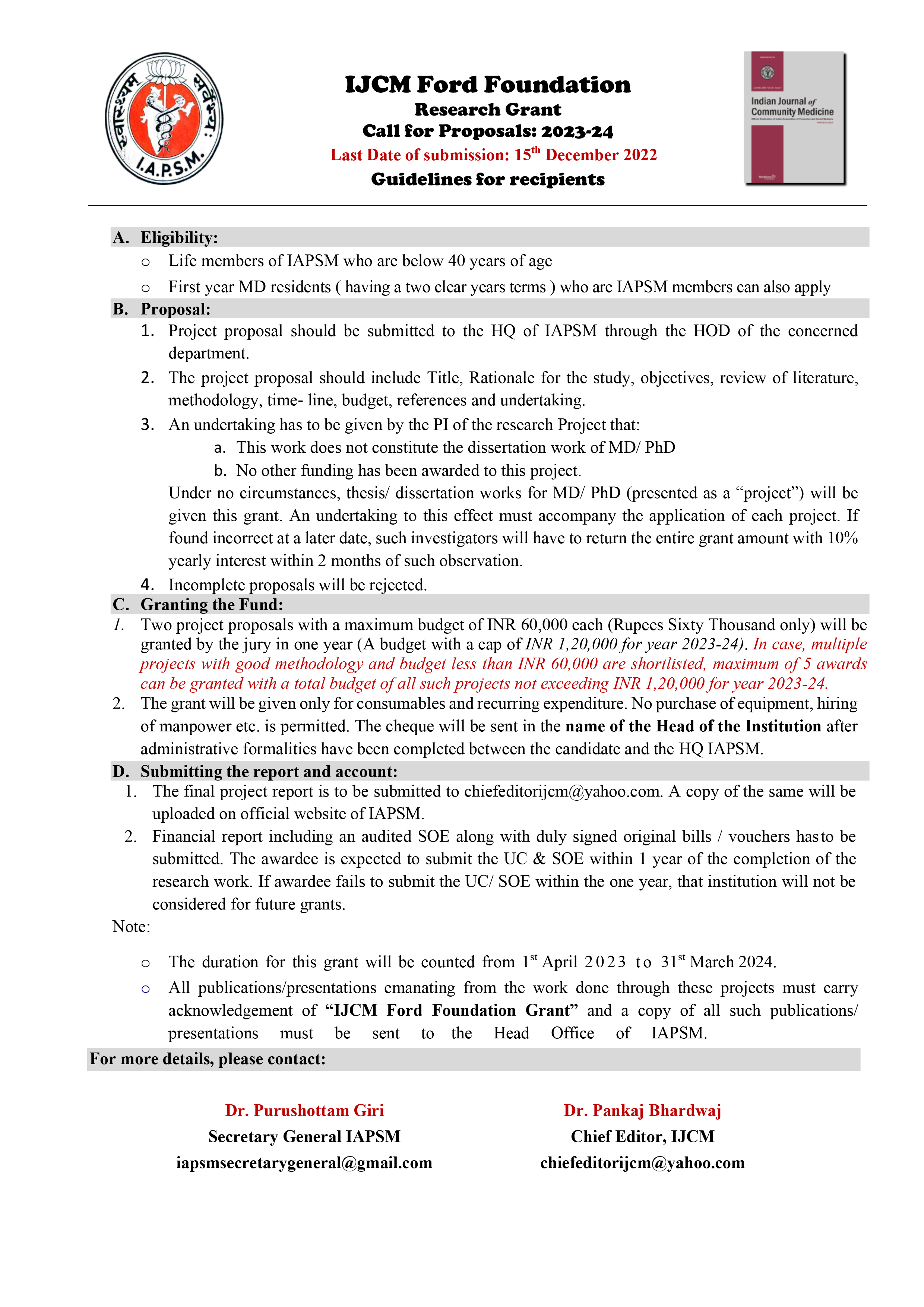Washington, D.C., January 17, 2024
In a significant breakthrough, the U.S. Food and Drug Administration (FDA) has granted approval for Casgevy, a cell-based gene therapy, to treat patients aged 12 and older suffering from transfusion-dependent beta-thalassemia, a hereditary disorder characterized by life-long anemia necessitating frequent blood transfusions.
Casgevy employs groundbreaking CRISPR/Cas9 technology, a powerful genome editing tool, to modify patients’ hematopoietic (blood) stem cells. These modified cells are then transplanted back into the patient, engrafting within the bone marrow and boosting the production of fetal hemoglobin (HbF). Fetal hemoglobin facilitates oxygen delivery and reduces the severity of anemia associated with beta-thalassemia.
The FDA approval marks a significant milestone, acknowledging the potential of Casgevy as an innovative therapeutic option for individuals grappling with the challenges of beta-thalassemia. This inherited disorder not only poses life-long health risks but also demands regular blood transfusions to manage its debilitating effects.
Nicole Verdun, M.D., Director of the Office of Therapeutic Products within the FDA’s Center for Biologics Evaluation and Research, expressed the importance of this approval in addressing the needs of those with beta-thalassemia. “Today’s approval is an important step in the advancement of an additional treatment option for individuals with beta-thalassemia, a debilitating disease that places individuals at risk of many serious health problems,” said Dr. Verdun.
Casgevy’s mechanism involves modifying blood stem cells at the genetic level, offering a promising approach to address the root cause of beta-thalassemia. The edited cells, upon transplantation, integrate into the patient’s bone marrow, promoting increased production of fetal hemoglobin. This transformative therapy holds the potential to significantly improve the quality of life for those affected by beta-thalassemia.
The FDA highlighted that the most common side effects observed during clinical trials included mouth sores, febrile neutropenia (fever associated with low levels of certain white blood cells), and decreased appetite. These side effects were carefully monitored throughout the trial process.
This FDA approval also marks the second indication for Casgevy, following its recent approval for the treatment of sickle cell disease in patients aged 12 and older. The Fast Track and Regenerative Medicine Advanced Therapy (RMAT) designations expedited the evaluation process, reflecting the urgency and potential clinical impact of Casgevy in the realm of genetic therapies.
Nicole Verdun emphasized, “The approval of a cell-based gene therapy for this condition using CRISPR/Cas9 technology reflects FDA’s continued commitment to supporting safe and effective treatments that leverage the most promising and cutting-edge medical technologies.”
With this approval, Casgevy stands as a beacon of hope for patients and a testament to the relentless pursuit of innovative medical solutions addressing complex genetic disorders. The therapy’s success in both beta-thalassemia and sickle cell disease signals a promising era in the field of gene therapies and underscores the FDA’s dedication to advancing transformative treatments for rare and life-threatening conditions.










